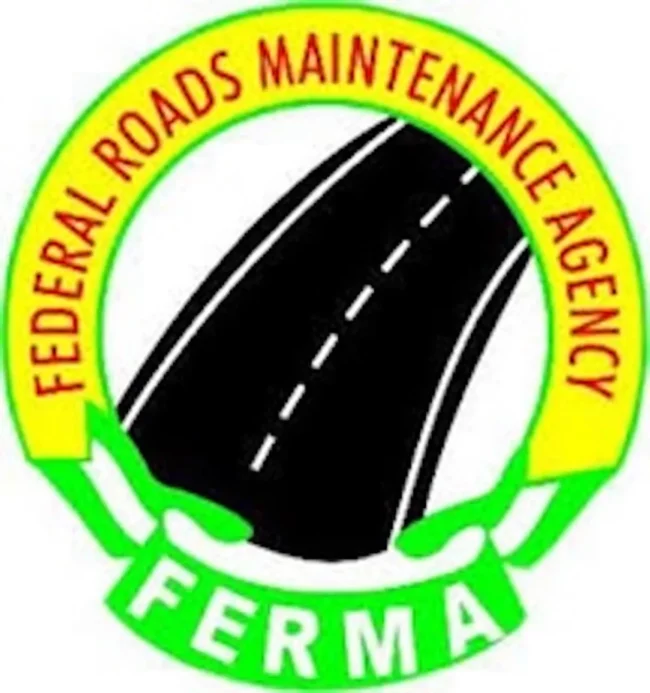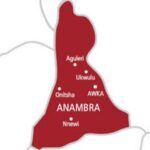By Chesa Chesa
State Governments have been urged to establish the equivalent of Federal Road Maintenance Agency (FERMA) in their domains so as to help remedy the deplorable condition of road infrastructure across the country.
The advice was offered by public policy researchers at Nextier, who also underscored the need to reconsider the distribution of “federal roads” to include state and local governments.
This is against the background that of Nigeria’s road network, estimated at about 200,000 sq km, only 60,000 sq km are paved, 80 per cent of which are “expired”, while others suffer different levels of degradation due to bad engineering designs, poor maintenance and environmental factors.
The Nextier researchers further proffered that governments should involve citizens in road infrastructure management in a framework that includes Information and Communication Technology (ICT) monitoring and reporting; and road management committees that will be free from undue government interference.
Their recommendations are contained in a research report titled ‘Politics of Road Infrastructure in Nigeria’ authored by Dr. Ben Nwosu, an Associate Consultant at Nextier, and Senior Research Fellow at the Institute for Development Studies, University of Nigeria, Enugu Campus; as well as Dr. Ndu Nwokolo, a Partner at Nextier and an Honorary Fellow at the School of Government at the University of Birmingham, United Kingdom.
“The government should diversify its road funding sources by involving the private sector through road project concession.
“Civil society organisations should be interested in road infrastructure management and support frameworks for citizen participation to have a sustainable system.
“There is a need for a proper road management system that regulates and controls heavy-duty trucks that damage roads.
“There should be strategic efforts at improving our inland waterways so that light vessels can be used for the haulage of heavy goods in the country, thereby reducing the pressure on the roads”, they suggested in he report.
Nwosu and Nwokolo pointed out that the politics of road contract award, delay in completion, road construction and maintenance funding, and partisan selection of where to start and complete or abandon projects is the bane of Nigerian road infrastructure.
According to them, “excessive dependence on one source of road funding and excessive hand of the state without including citizen road users in managing the roads need to be reconsidered. It is by addressing these factors that our Nigerian roads could be rescued”
The report highlighted that there is hardly an economic or professional activity unrelated directly or indirectly to transportation, which is why the state of the Nigerian road infrastructure is a common reference point for citizens when they consider the performance of each sitting government.
Indeed, the central place of this infrastructure has made citizens forget that water and other critical infrastructures are also neglected, they noted.
Nonetheless, “the poor condition of Nigerian roads is among the common cause of accidents. In the first quarter of 2022, for instance, there were 3,345 crashes on Nigerian roads, out of which 2,199 were serious and about 871 were fatal.
“In the second quarter of the same 2022, there were 3280 crashes. Serious ones were 2,105, while fatal ones were 823. Economic losses related to bad roads in Nigeria are enormous and estimated at 450 billion Naira annually”, the report said.
It also suggested for Nigeria to emulate the practice in other countries where better and more inclusive road infrastructure management has delivered improved services to the citizenry.
Thus, the report said that “Nigeria can draw from examples of countries like Honduras, Guatemala, Nicaragua, Costa Rica, Armenia and others, which have evolved institutional road management systems.
“The above countries have designated groups comprising representatives from the government and the private sector in an institutional framework largely autonomous of the government in managing their road funds and infrastructure.
“Often, road users have a strong representation in the above models of road infrastructure management. Insight could be drawn from the above instances for Nigeria’s federal, state and local roads.”



